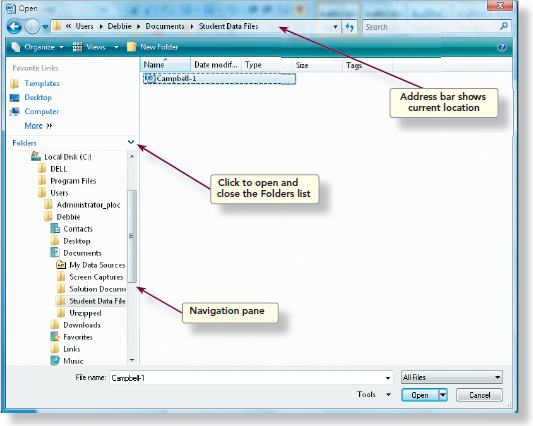


In 2016, the suburban Seattle-area firm announced its new state-of-the-art, 8-acre headquarters complex would be environmentally sustainable and collaboration-friendly, with features including a campfire pit and blueberry bogs. See also: Returning to the workplace: opportunities, pitfalls for employersĪrguably, no company epitomizes the rapid U-turn for the modern office than REI, or Recreational Equipment, Inc. The new workplace paradigm includes short-term measures around the pandemic–stations for taking temperatures or stockpiling masks and other protective equipment–as well as plans for once-out-of-favor partitioned work stations, staggered shifts, using offices only for team meetings as part of a “hybrid” schedule or reinventing unused space for daycare or other unconventional uses. Now, with the COVID-19 crisis still lingering as the calendar gets ready to flip to 2021, harried HR managers are rethinking and sometimes completely redesigning offices with the emphasis not on how to throw workers together but rather how to keep them apart at safe distances. “What do we need to do to ensure they have a safe space,” she says, “if COVID returns?” She said that would include “hoteling”–meaning temporary workspaces, as opposed to assigned offices or cubicles–as well as more spaced-out work areas to promote distancing. King said rethinking the workplace at Nationwide–where at least 30% of employees are expected to mostly work from home even after the pandemic–also will mean radical changes in what its offices in Columbus, San Antonio, Scottsdale, Ariz., and Des Moines will look like once more workers begin trickling back. office locations and focusing on four main facilities where thousands of so-called “hybrid” employees would report occasionally but not every day. In late April, or less than two months into the global pandemic, Nationwide announced a new work-from-home strategy that would involve closing at least five U.S. Gale King is executive vice president and chief administrative officer for Nationwide. Those early conversations meant that, when the coronavirus struck in March and shut down most workplaces, Nationwide was ready to quickly make a big move. “We now have more millennials in the workplace, and we were finding, with our new associates, that they wanted much more flexibility,” says Gale King, executive vice president and chief administrative officer for Nationwide.


 0 kommentar(er)
0 kommentar(er)
